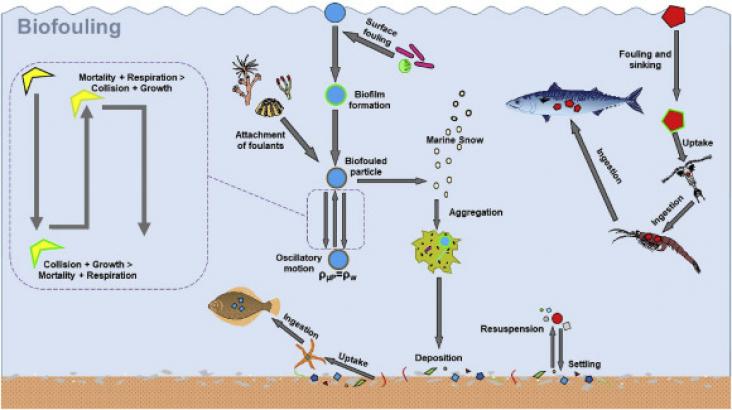Background: Access to safe sanitation and the elimination of open defecation are pre-conditions for improved child health and nutrition and wider achievement of the Sustainable Development Goals (S

As the global production of plastics continues to accelerate, the ubiquitous presence of microplastics (μPs) has emerged as a significant marine problem.
This study supports SDGs 3 and 6 by analysing data from 88 low-income and middle-income countries and showing geographical disparities in access to clean water and sanitation facilities. These findings identify where efforts to increase access to safe water and sanitation have been successful over time, and highlight the need for targeted and tailored interventions to reach those communities and regions that have been left behind.

On Monday 24 August 2020 – at the beginning of World Water Week - RELX announced the winners of the 2020 RELX Environmental Challenge. Now in its 10th year, the RELX Environmental Challenge supports innovative solutions that improve sustainable access to safe water and sanitation where it is at risk, contributing to SDGs 1, 3, 6 and 10.

Tropical insects are astonishingly diverse and abundant yet receive only marginal scientific attention.
This study supports SDGs 3 and 6 by suggesting that current methods of cholera control are insufficient at achieving zero transmission of Vibrio cholerae in Haiti, and that large-scale cholera vaccination campaigns are needed alongside improvements in water and sanitation for long-term cholera elimination.

Each year the RELX Environmental Challenge is awarded to projects that best demonstrate how they can provide sustainable access to safe water or sanitation. In the past decade, the company has awarded $750,000 to projects and solutions that improve the world’s water quality and sanitation. This article, using innovative parallax storytelling technology, looks at the tangible impact of the RELX Environmental Challenge.
Elsevier,
Shard Chander, Ashwin Gujrati, Aswathy V. Krishna, Arvind Sahay, R.P. Singh; Hyperspectral Remote Sensing, 2020, Pages 197-219
This chapter contributes to SDG 6 and 9 by providing hyperspectral remote sensing techniques to monitor inland water quality.
